Mountain tourism interprets the diverse charm of cultural exchanges and mutual understanding and sustainable development
On May 29, the "International Mountain Tourism Day (IMTD) 2024" Theme Events were successfully held in Nice, the capital city of the French department of Alpes-Maritimes, France. Representatives of the Chinese Embassy and Consulates in France, the French cultural and tourism authorities, representatives of local government, representatives of international organizations, members of the International Mountain Tourism Alliance (IMTA), tourism agencies, tourism enterprises, industry experts, and media gathered together to discuss and revolve around the theme of "Mutual Understanding among People through Mountain Tourism" and the forum theme "Mountain Tourism Destinations Responding to Climate Change". The rich exchange activities highlight and promote the development concept of mutual learning among civilizations, driving innovation in the "Mountain Tourism+" model.

Harry Hwang, Regional Director for Asia and the Pacific of UN Tourism made a speech in High-level segment.
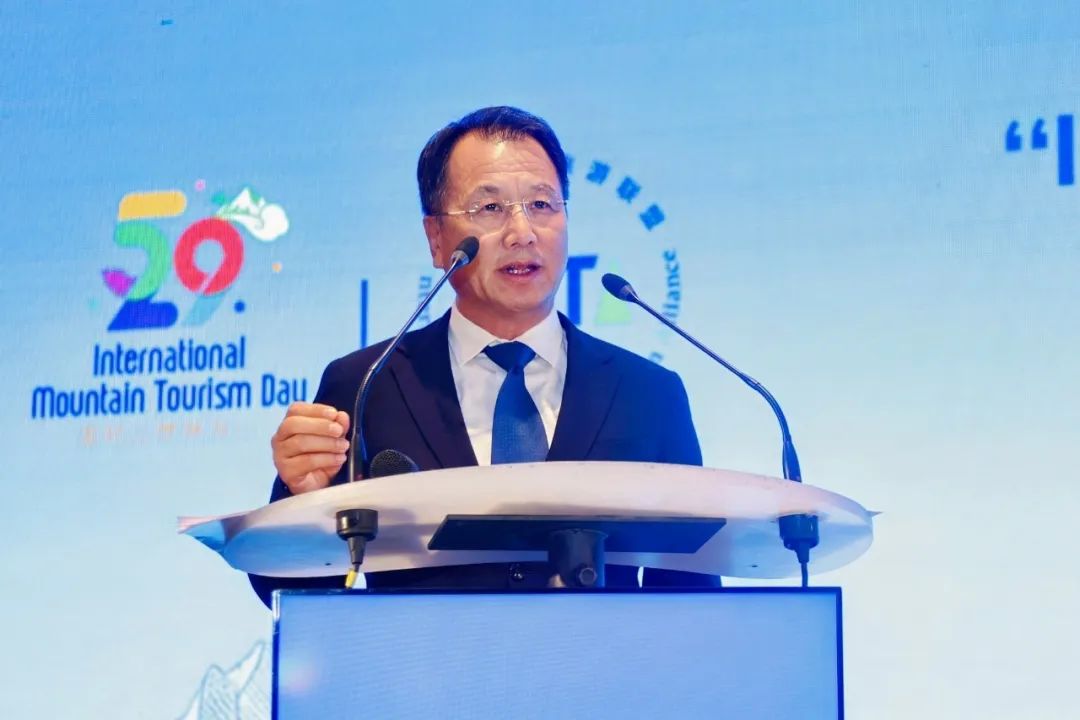
The following is the full text of the speech:
It is my pleasure to be here today to participate in the International Mountain Tourism Day 2024 with the theme "Mutual Understanding among People through Mountain Tourism", and to explore the profound implications of mountain tourism based on mutual learning among civilizations.
Before starting my remarks, I wish to take this opportunity to thank Vice-Chairman Yafei for inviting UN Tourism to join this important event.
To talk about mountain tourism, the first question to answer is what it is. The most comprehensive definition describes Mountain Tourism as a type of "tourism activity that takes place in a defined and limited geographical space such as hills or mountains with distinctive characteristics and attributes that are inherent to a specific landscape, topography, climate, biodiversity and local community. It encompasses a broad range of outdoor leisure and sports activities".
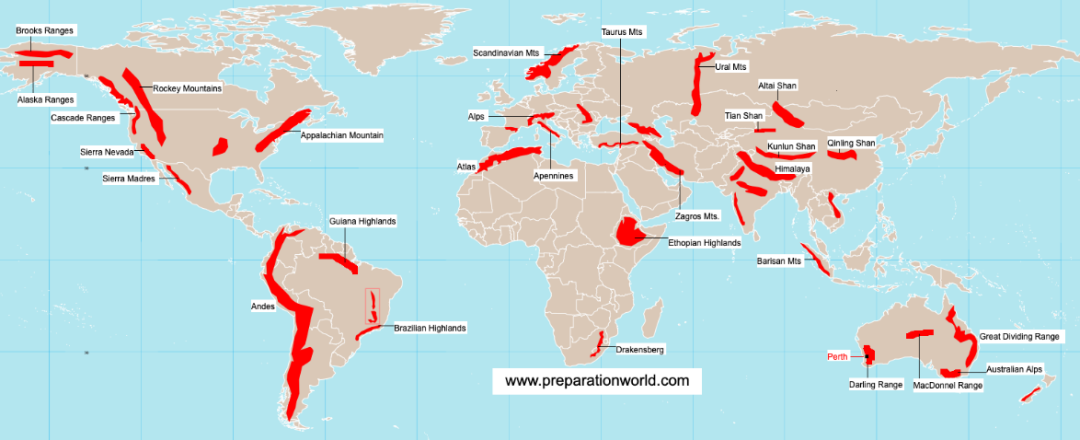
Global mountain distribution map
Source: IMTA
Let me now explain why mountain tourism is so important and has been receiving a lot of attention in recent years.
It represents between 9% and 16% of international tourist arrivals worldwide, translating into 195 to 375 million tourists in 2019 alone. This means Mountain Tourism has a high potential to stimulate local economic growth and social change because of its complementarity with other economic activities, its contribution to GDP and job creation, and its capacity to promote the dispersal of demand in time to fight seasonality.
Also, mountains are home to around 1.1 billion people, some of whom are among the poorest and most isolated in the world. At the same time, mountains usually attract tourists interested in nature and open-air destinations and outdoor activities like walking, climbing and winter sports. They also appeal to visitors because of their rich biodiversity and vibrant local cultures.
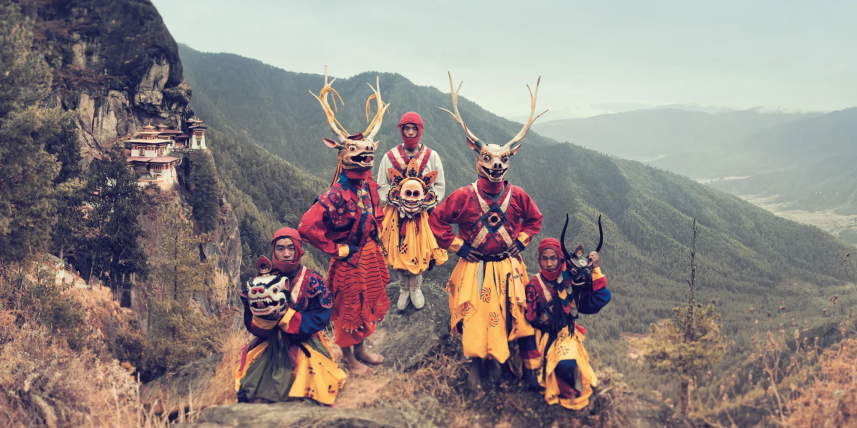
The Ngaro tribe of Bhutan
Source: IMTA
So what is UN Tourism’s contribution to the promotion of mountain tourism?
For many years, as the United Nations’ only specialized agency for tourism, UN Tourism has attached great importance to the development of mountain tourism. Every two years, we hold the World Congress on Snow and Mountain Tourism along with the Government of Andorra. We have also organized several editions of the Euro-Asia Mountain Tourism Conference, and we actively participate in the events of the International Mountain Tourism Alliance.
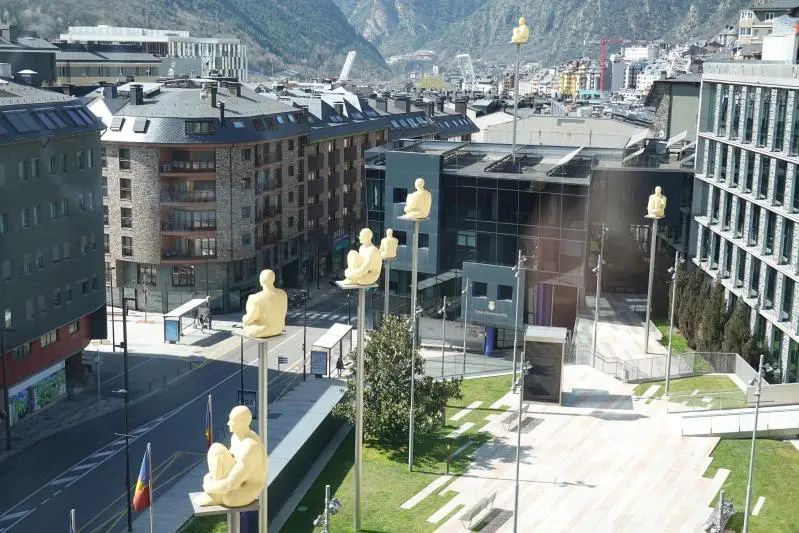
The sculpture "Seven Poets" represents the seven parishes of Andorra
Source: Haybina Hao
We recently drafted the report entitled “Understanding and Quantifying Mountain Tourism" jointly by UN Tourism, the Food and Agriculture Organization of the United Nations and the Mountain Partnership Secretariat. This report shows that in 2019, the 10 most mountainous countries (in terms of average height above sea level) received only 8% of international tourist arrivals worldwide.
Mountain tourism proved its resilience during the pandemic as travellers searched for open-air and nature experiences. Now that we are leaving the unprecedented impact of COVID-19 behind, there is a unique opportunity to rethink mountain tourism.
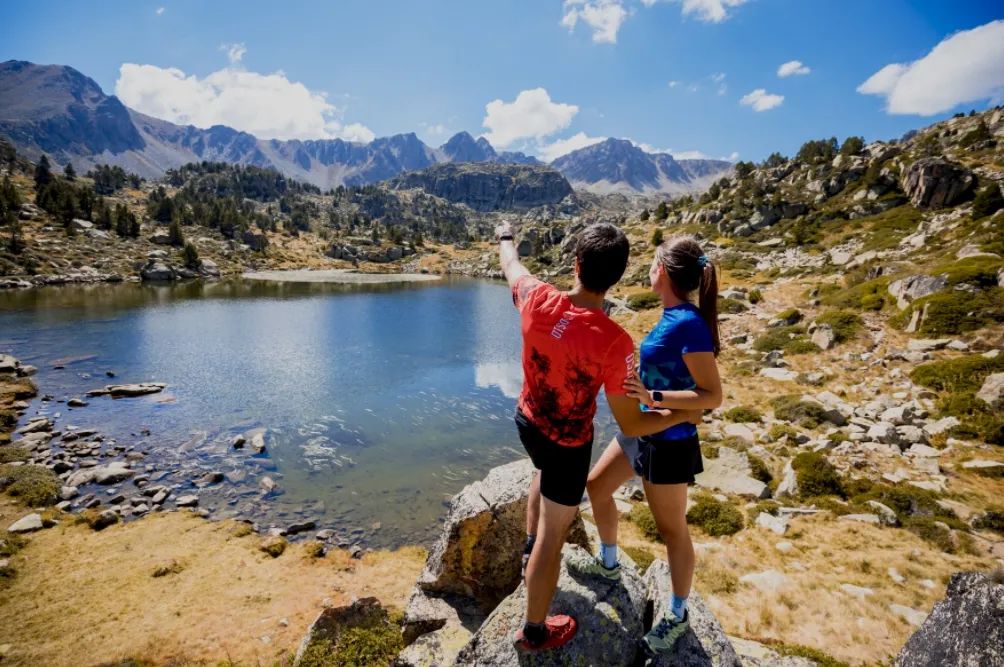
Encamp mountain runway
Source: Encamp Tourism Bureau in Andorra
Dear friends, this is one of the reasons why I am here today to appeal to you to contribute to the development of mountain tourism because of its socio-economic importance in terms of job creation and the stimulation of local economies which I mentioned above.
Apart from that, mountains have long held a special place in the human imagination, towering as symbols of strength, beauty, and mystery. From the snow-capped peaks of the Himalayas to the lush valleys of the Andes, and from the rugged terrain of the Rockies to the rolling hills of the Alps, these majestic landscapes transcend culture, race, and religion, forming mutual learning among civilizations throughout history. And they have always attracted all kinds of tourists worldwide.
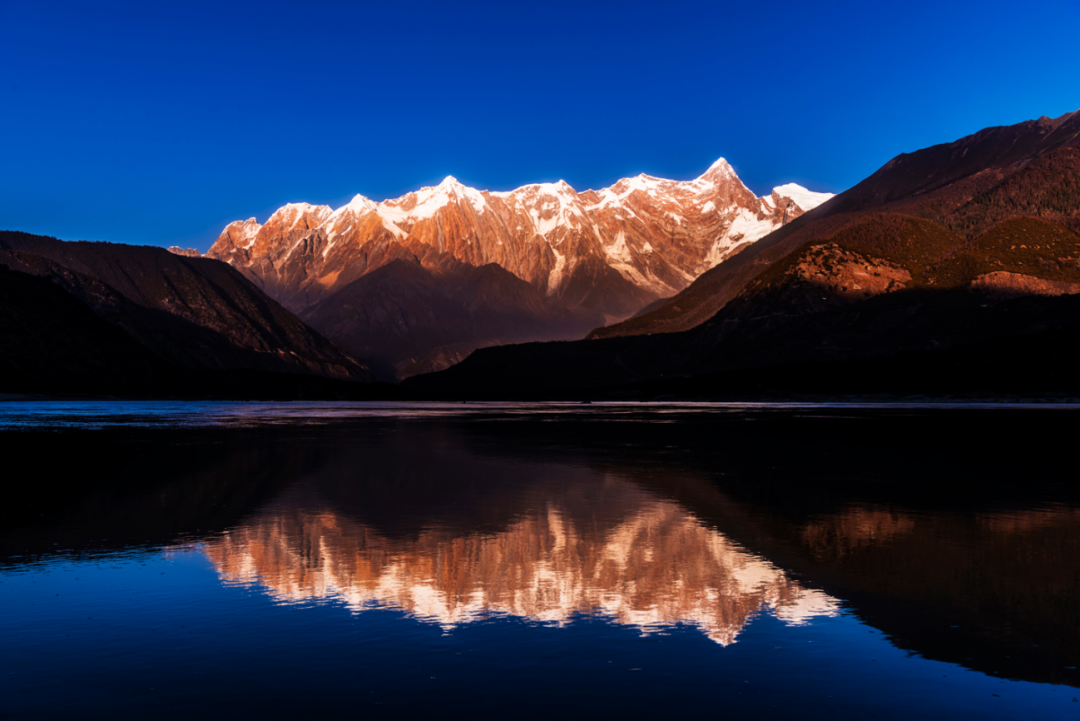
Mount Namjagbarwa in the Himalayas
Source: IMTA
But beyond their physical charm, mountains serve as dynamic crossroads where cultures converge, interact, and evolve. As travelers pass through mountainous terrains, they are not merely spectators but active participants in a vibrant tapestry of human experience. Consequently, every step taken and every encounter shared becomes an opportunity for cultural exchange and mutual understanding.
This also explains why mountain tourism holds immense potential as a vehicle for fostering cross-cultural dialogue and appreciation. Whether it's through immersive homestays with local communities, guided tours led by knowledgeable indigenous guides, or participation in traditional festivals and ceremonies, travelers have the opportunity to gain insights into the customs, traditions, and way of life of mountain-dwelling cultures.
Moreover, mountain tourism can play a vital role in promoting sustainable development in remote and marginalized communities. By creating economic opportunities through tourism, we can empower local communities to preserve their cultural heritage, protect fragile ecosystems, and improve their quality of life. Also, through initiatives such as community-based tourism, eco-trekking, and sustainable accommodation practices, we can ensure that the benefits of tourism are shared equitably among all stakeholders.
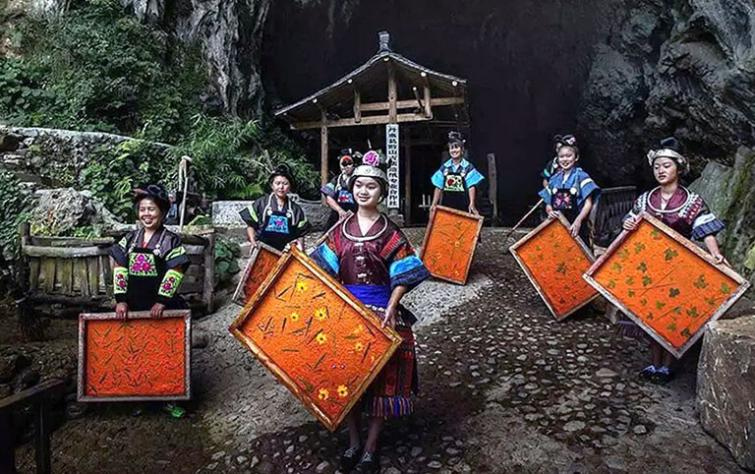
The Ancient Paper-making Cooperative in Shiqiao Village, Guizhou Province, China, is a model project for community participation in mountain cultural tourism
Source: IMTA
All this notwithstanding, we must also confront the challenges and complexities inherent in mountain tourism. Climate change, environmental degradation, and socio-economic disparities for example threaten the fragile ecosystems and livelihoods dependent on mountain tourism. Therefore, we must adopt holistic approaches that prioritize sustainability, resilience, and inclusivity in our tourism strategies.
Dear friends, let me conclude my remarks by saying that mountain tourism offers a compelling narrative of cross-cultural exchange, environmental stewardship, and sustainable development. And by harnessing the transformative power of mountains to connect people, cultures, and landscapes, we can build bridges of understanding and cooperation that transcend borders and generations.
I am very hopeful that our discussions of today will lead to putting in place appropriate policies for the promotion of sustainable development which will in turn ensure that the benefits of mountain tourism are spread to local communities.
I wish this event a great success. Thank you very much for your attention.
Text source: IMTA
Editor Ⅰ: Zhang WenWen
Editor Ⅱ: Wu Dan
Editor Ⅲ: Liu Guosong














